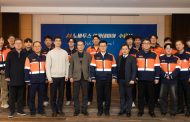UNIST has entered into a strategic partnership with HD Hyundai Group to advance the development of artificial intelligence (AI), tailored specifically for the shipbuilding and marine sectors.
The partnership was officially announced at the HD Hyundai Global R&D Center (GRC) in Seongnam, Gyeonggi Province, with participation from key HD affiliates, including HD Korea Shipbuilding & Offshore Engineering (KSOE), HD Hyundai Heavy Industries (HHI), HD Hyundai Robotics Co., Ltd., as well as the University of Ulsan (U of U).
Through this collaboration, UNIST and HD Hyundai Group will work jointly to develop foundational AI models for the shipbuilding and marine industries, establish a robust data ecosystem, nurture specialized talent, and revitalize regional industrial networks. Both parties aim to transform core technologies, domain expertise, and accumulate data in shipbuilding and marine engineering into the so-called Digital National Strategic Asset—a resource that will play a key role in strengthening Korea’s global competitiveness.
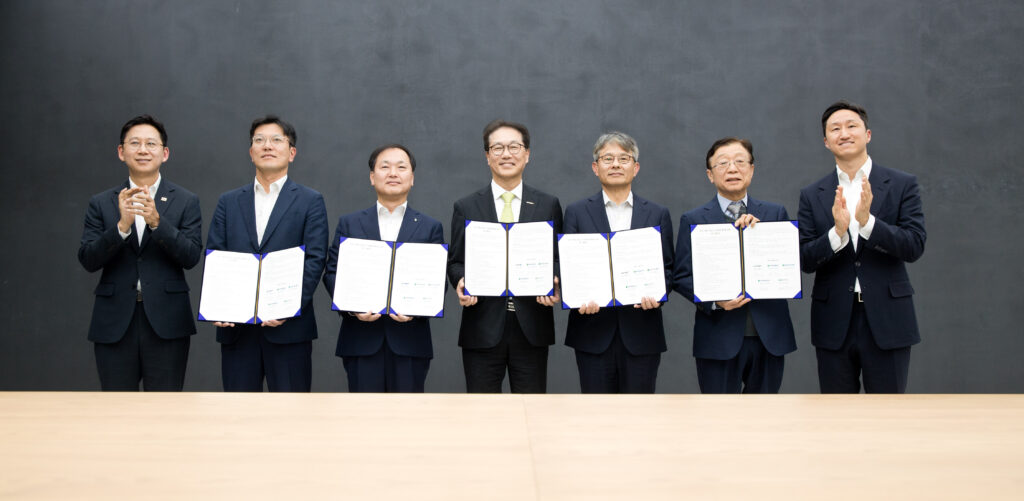 From left are Deputy Prime Minister and Minister Kyunghoon Bae of Science and ICT (MSIT), Director YoungGeun Jeong of HD Hyundai Robotics, President Hyung Kwan Kim of HD KSOE, UNIST President Chong Rae Park, President Seok Ho Keum of HD Hyundai Heavy Industries Co., Ltd., President Yeon Cheon Oh of the University of Ulsan, and CEO Kisun Chung of HD KSOE.
From left are Deputy Prime Minister and Minister Kyunghoon Bae of Science and ICT (MSIT), Director YoungGeun Jeong of HD Hyundai Robotics, President Hyung Kwan Kim of HD KSOE, UNIST President Chong Rae Park, President Seok Ho Keum of HD Hyundai Heavy Industries Co., Ltd., President Yeon Cheon Oh of the University of Ulsan, and CEO Kisun Chung of HD KSOE.
UNIST’s proactive development of AI research and education infrastructure—including the establishment of the UNIST AI Graduate School and the AI Novatus Academia, and the operation of the AI CEO programs—has positioned the university as a key player in AI innovation. This foundation, combined with HD Hyundai’s rapidly growing industry needs, accelerated the decision to collaborate on AI solutions for the shipbuilding and marine sectors. The shared recognition of the need to strengthen Korea’s AI competitiveness further reinforced this alliance.
HD Hyundai Heavy Industries has identified an urgent need for digital transformation, including AI-driven ship design, process automation, and the development of smart shipyards. Meanwhile, UNIST’s strengths in applied AI research and education have focused on developing practical solutions to real-world industrial challenges.
However, widespread adoption of industrial AI still faces structural barriers, such as inconsistent data formats, quality issues, and insufficient security protocols—factors that limit effective data utilization for AI training and validation. To address these challenges, UNIST and HD Hyundai have agreed to establish common standards for industrial data collection, sharing, and security governance, creating an integrated and secure environment suitable for industry-wide AI deployment.
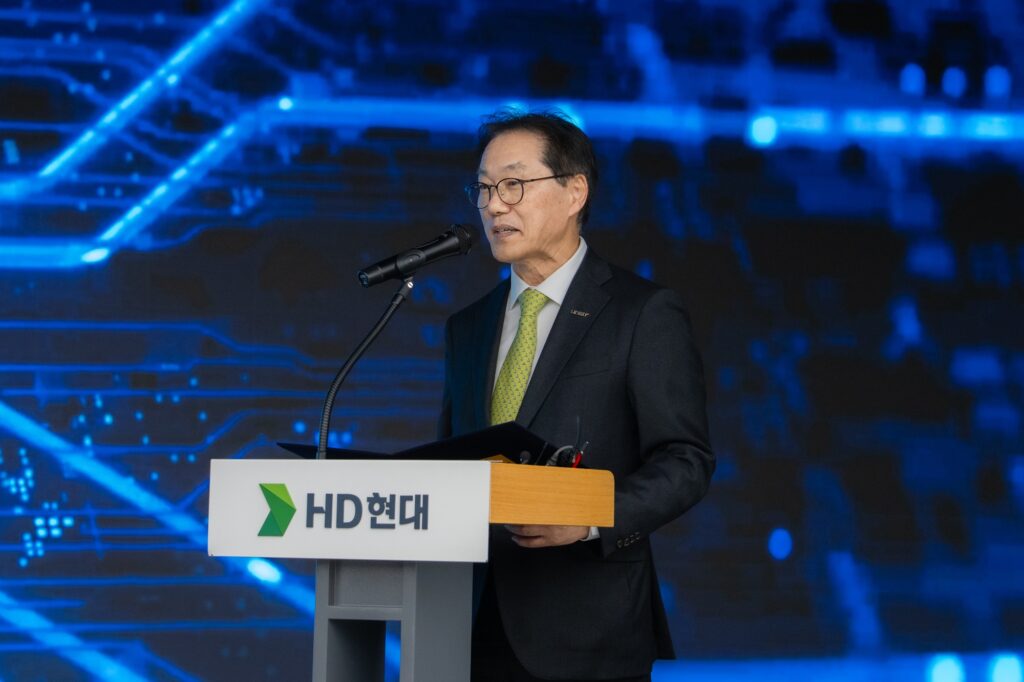
President Chong Rae Park delivered congratulatory remarks during the “HD Hyundai–UNIST Marine Industry AI Partnership Signing Ceremony.
The collaboration will also focus on nurturing practical AI talent capable of immediate application in industrial settings by expanding education and research programs that foster industry-specific skills. UNIST plans to develop a comprehensive training system to cultivate professionals who can directly contribute to AI implementation in the field.
Sung Youb Kim, Director of UNIST’s Industrial AI Promotion Group, emphasized, “In the face of intense global competition from China, Korea’s shipbuilding industry must maintain its technological edge. Establishing a dedicated industry AI research center—supported by government, academia, and industry—is essential. Ulsan’s industrial environment makes it the ideal location for demonstrating and applying these advanced technologies.”
UNIST President Chong Rae Park added, “Through AI-driven innovation, we aim to strengthen Korea’s core manufacturing industries, advance the industrial competitiveness of the Busan–Ulsan–Gyeongnam region, and contribute to balanced national development.”
This strategic alliance marks a significant step toward positioning Korea at the forefront of AI innovation in the shipbuilding and marine sectors, leveraging the strengths of academia and industry to foster sustainable growth and technological leadership.


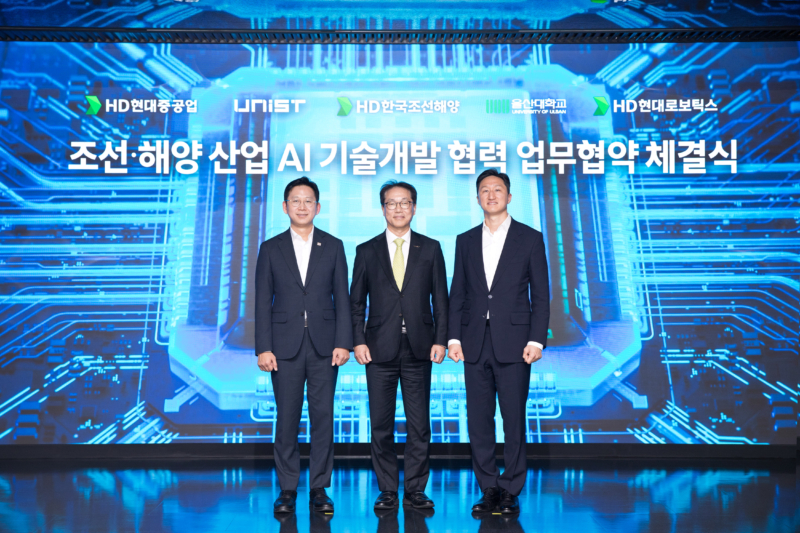









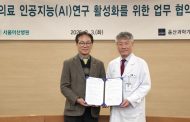
![[2026 Matriculation] UNIST Welcomes Class of 2030!](https://news.unist.ac.kr/wp-content/uploads/2026/02/사진-박종래-UNIST-총장이-2026년-입학식사를-전하고-있다-2-190x122.jpg)
![[2026 UNIST Commencement] UNIST Confers Degrees to 883 Graduates](https://news.unist.ac.kr/wp-content/uploads/2026/02/사진-2026학년도-UNIST-졸업생들이-학사모를-위로-던지며-졸업을-축하하고-있다-1-800x413-190x122.jpg)
